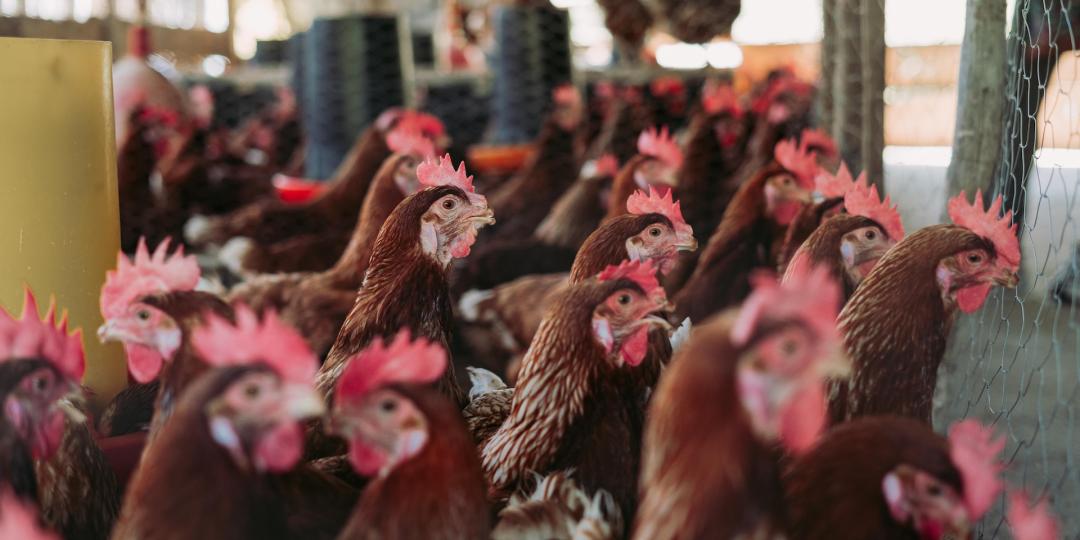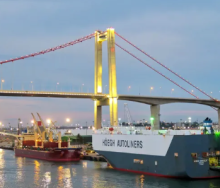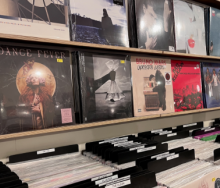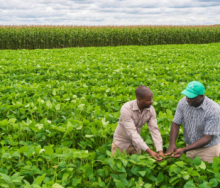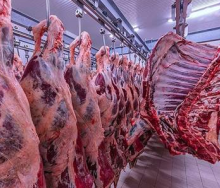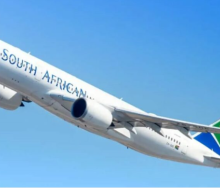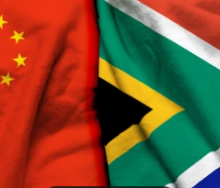The Democratic Alliance has called on government to scrap import duties on the poultry sector in the wake of one of the most severe outbreaks of avian influenza in South African history.
This compounds pressures already faced by food producers due to the ongoing load-shedding crisis.
“Both have already separately negatively impacted the industry, but together they created substantial operational challenges throughout the entire poultry supply chain,” says Dean Macpherson, DA Shadow Minister of Trade, Industry and Competition.
Millions of chickens have already been culled which has led to substantial financial losses for producers like Astral Foods, which has reported an estimated setback of R220 million, according to Macpherson.
As a direct result, the market is already experiencing a shortage of table eggs and is likely to see a reduced supply of poultry meat in the coming months.
“Poultry is supposed to be a primary and cost-effective protein source for millions in South Africa, yet the projected price increases will have already hard-pressed consumers digging even deeper into their pockets.
“The Democratic Alliance therefore calls on the government to enact an immediate suspension of tariffs on poultry imports for a minimum period of six to 12 months. This will be critical to address the projected shortfall of chickens and cushion consumers against impending price hikes of all poultry products.”
For years, the Department of Trade, Industry and Competition (dtic), and specifically Minister Ebrahim Patel, have maintained tariffs aimed at protecting large domestic poultry producers. They have framed their protectionist stance as a measure to bolster local industries, yet this approach has limited competition and kept prices high, particularly for bone-in products, which according to the Association of Meat Importers and Exporters could see a price reduction of 33% if tariffs are lifted.
The dtic last year suspended these tariffs for a brief period of 12 months but opted for their reinstatement. Scrapping the tariffs will therefore not be without precedent.
“We need to shun protectionism and embrace fair competition. That is the only sustainable way to keep prices low and protect our economy from shocks such as the flu. We must ensure that food security and affordability for all South Africans are at the heart of our trade policies,” says Macpherson.
